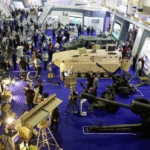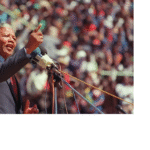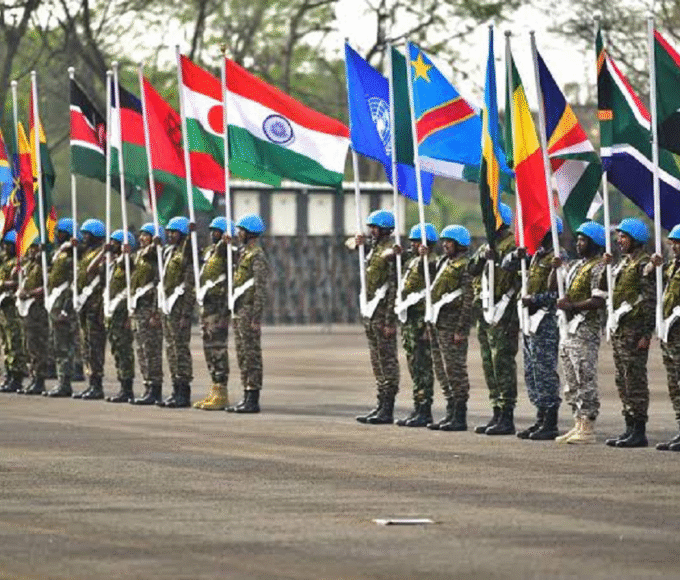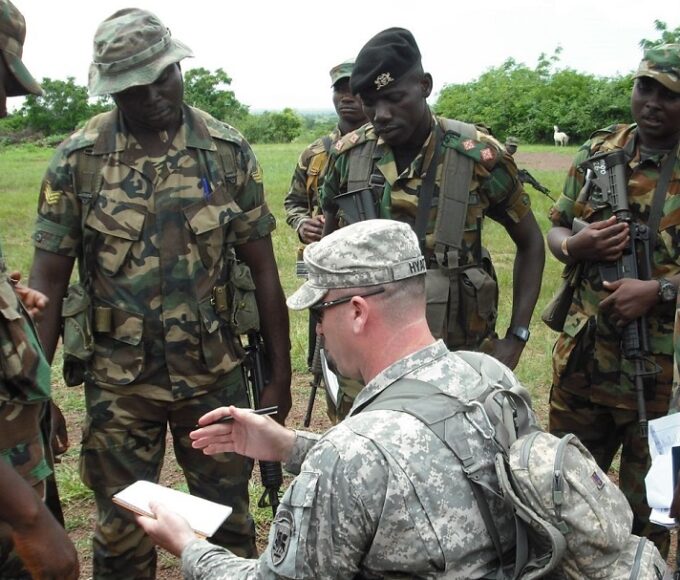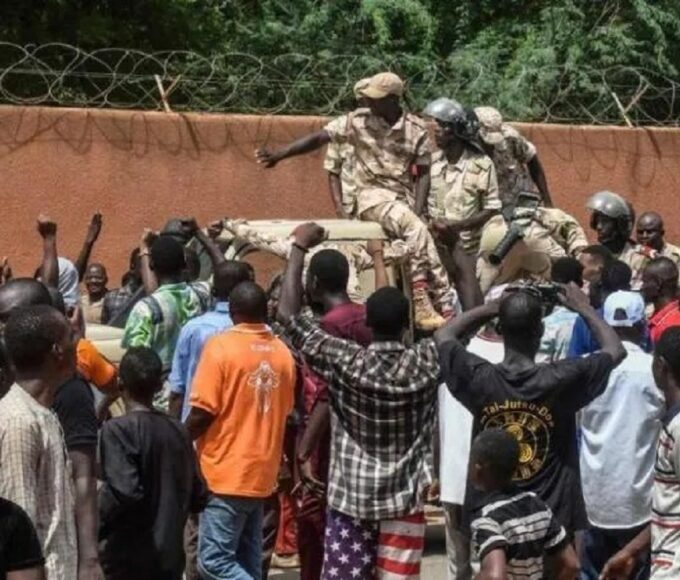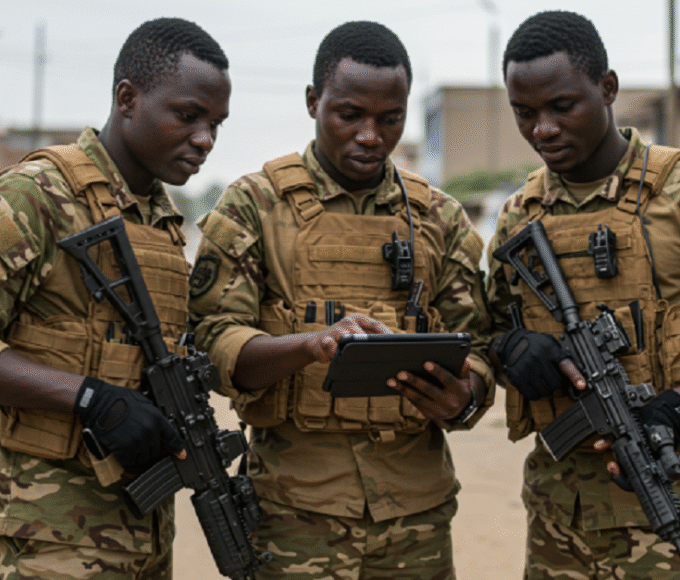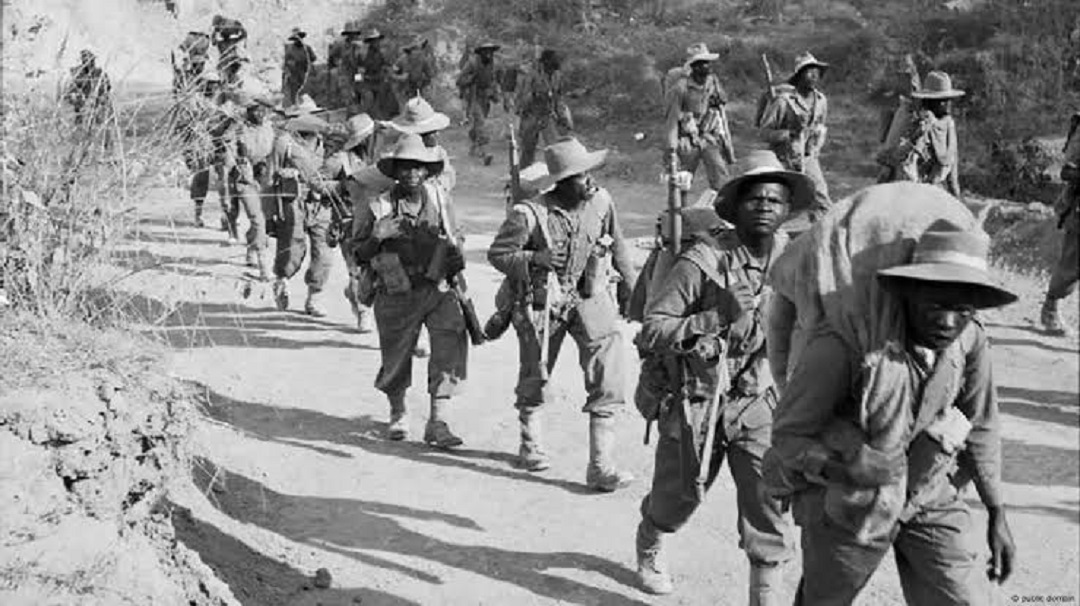
AFRICA IN WORLD WAR II: OVERLOOKED SACRIFICES
Africa’s role in World War II remains one of the least appreciated chapters in global military history. The continent not only served as a decisive theatre of war but also provided more than a million soldiers who fought, suffered, and died under colonial banners, often without recognition or fair recompense. Despite their sacrifices, most historical narratives have cantered on European and American campaigns, leaving African contributions in the shadows.
The North African Campaign, fought between 1940 and 1943, became a turning point in the war. Allied and Axis forces clashed in countries like Egypt, Libya, and Tunisia, where control of supply routes and oil resources was crucial. The German Afrika Korps, led by General Erwin Rommel, met fierce resistance in battles such as El Alamein. While these victories are often credited to European commanders, they would not have been possible without African soldiers Egyptians, Moroccans, Algerians, and Tunisians who bore much of the burden.
Related Article: GLOBAL SECURITY WATCH – UKRAINE WAR LESSONS FOR AFRICAN DEFENCE PLANNERS
South African troops played a particularly significant role. The 1st South African Division endured heavy casualties in battles like Sidi Rezegh and Gazala, with thousands captured or killed during the fall of Tobruk in 1942. Despite these losses, they regrouped and went on to secure Miteiriya Ridge during the Second Battle of El Alamein, a move that helped turn the tide of war in favour of the Allies. Their sacrifices demonstrated both bravery and resilience, though their contributions rarely receive equal recognition in mainstream accounts.
Further east, the East African Campaign unfolded between 1940 and 1941, sometimes described as a “forgotten fight.” Here, British Commonwealth forces supported by South Africans, Indians, and Ethiopian patriots dismantled Italy’s colonial empire in Eritrea, Somaliland, and Ethiopia. The decisive Battle of Amba Alagi saw Italian forces surrender after a prolonged siege, resulting in the capture of 50,000 prisoners. African troops from Kenya, Nigeria, and Tanganyika played essential roles as infantry and support personnel. Their efforts helped defeat nearly 300,000 Italian soldiers, yet their heroism has often been overshadowed by the war’s larger European and Pacific theatres.
Africa’s involvement stretched well beyond its borders. Hundreds of thousands of African soldiers were deployed across Europe, the Middle East, and Asia. Congolese troops, for instance, fought gruelling campaigns in Southeast Asia against Japanese forces, with only a fraction of the 25,000 sent ever returning home. Senegalese tirailleurs fought bravely in battles from Bir Hakeim to the liberation of southern France. Yet these soldiers often endured racial discrimination, poor treatment, and unequal pay compared to their European counterparts, even as they risked their lives for the same cause.
The methods of recruitment also reflected colonial injustices. Many Africans were conscripted against their will, dragged from workplaces or villages to serve foreign powers. In French Equatorial Africa, leaders like Félix Éboué rallied troops for Charles de Gaulle’s Free French forces, contributing to key victories such as the capture of Kufra in 1941. But these soldiers were initially regarded as burdens and were subjected to Nazi atrocities, including massacres fueled by racist ideologies that viewed black troops as subhuman. Mortality was high: tens of thousands of African soldiers and carriers perished from combat, disease, or exhaustion. Many remain buried in unmarked graves, their stories nearly erased by time.
The legacy of this sacrifice has been deeply complex. After the war, African veterans often received meagre pensions sometimes only a fraction of what white soldiers earned. Men like Albert Kunyuku of the Belgian Congo were left to survive on symbolic sums, such as five euros a month. This neglect fostered resentment and fueled the fires of decolonization, most notably after the 1944 Brazzaville Conference, which inadvertently encouraged independence movements across the continent. Today, efforts such as the Commonwealth War Graves Commission’s Non-Commemoration Programme aim to correct the historical record, identifying lost soldiers and honouring their memory.
Acknowledging Africa’s role in defeating fascism is not just about filling a gap in history it is about giving long-overdue dignity to those who helped shape the outcome of the modern world.
King Richard Igimoh, Group Editor ALO
King Richard Igimoh, Group Editor African Leadership Organisation is an award-winning journalist, editor, and publisher with over two decades of expertise in political, defence, and international affairs reporting. As Group Editor of the African Leadership Organisation—publishers of African Leadership Magazine, African Defence & Security Magazine, and Africa Projects Magazine—he delivers incisive coverage that amplifies Africa’s voice in global security, policy, and leadership discourse. He provides frontline editorial coverage of high-profile international events, including the ALM Persons of the Year, the African Summit, and the African Business and Leadership Awards (ABLA) in London, as well as the International Forum for African and Caribbean Leadership (IFAL) in New York City during the United Nations General Assembly.
Recent Posts
Categories
- Air & Aerospace17
- Border Security15
- Civil Security6
- Civil Wars4
- Crisis5
- Cyber Security8
- Defense24
- Diplomacy19
- Entrepreneurship1
- Events5
- Global Security Watch6
- Industry8
- Land & Army9
- Leadership & Training5
- Military Aviation7
- Military History27
- Military Speeches1
- More1
- Naval & Maritime9
- Policies1
- Resources2
- Security12
- Special Forces2
- Systems And Technology9
- Tech6
- Uncategorized6
- UNSC1
- Veterans7
- Women in Defence9
Related Articles
INDIA’S GROWING MILITARY PARTNERSHIPS WITH AFRICA
India’s engagement with Africa is undergoing a quiet but powerful transformation. What...
ByKing Richard Igimoh, Group Editor ALOOctober 14, 2025EVOLVING HORIZONS: TRAINING THE AFRICAN SOLDIER IN A CHANGING LANDSCAPE
The training of African soldiers has undergone a profound transformation in recent...
ByKing Richard Igimoh, Group Editor ALOOctober 2, 2025COLD WAR AFRICA: PROXY WARS AND THEIR IMPACT
The Cold War in Africa, spanning from the late 1940s to the...
ByKing Richard Igimoh, Group Editor ALOSeptember 26, 2025AI AND AFRICA’S MILITARY INTELLIGENCE: PROMISE AND PERIL IN A TRANSFORMING SECURITY LANDSCAPE
Africa’s military landscape is entering a new chapter, shaped by the rapid...
ByKing Richard Igimoh, Group Editor ALOSeptember 22, 2025





